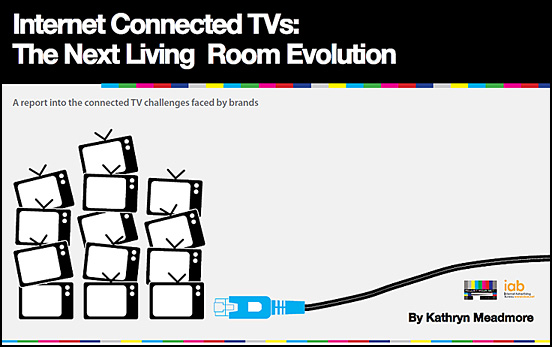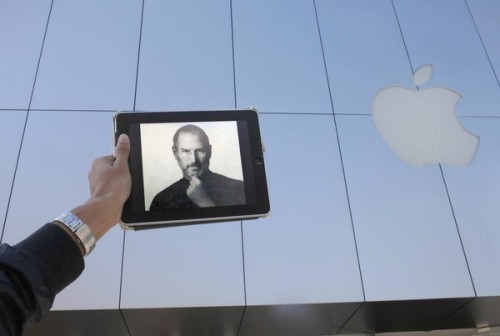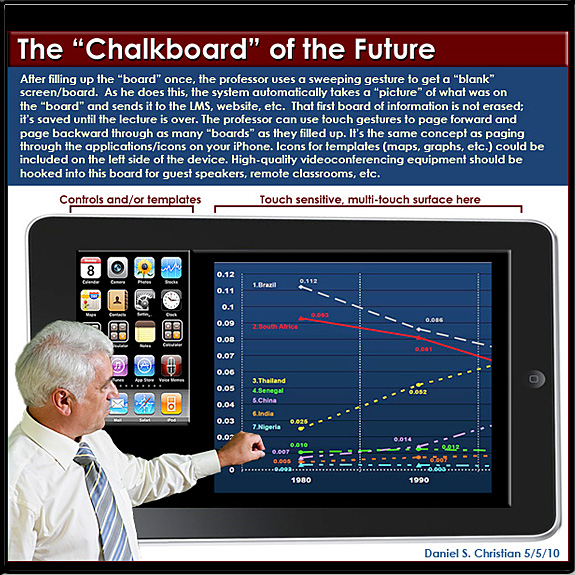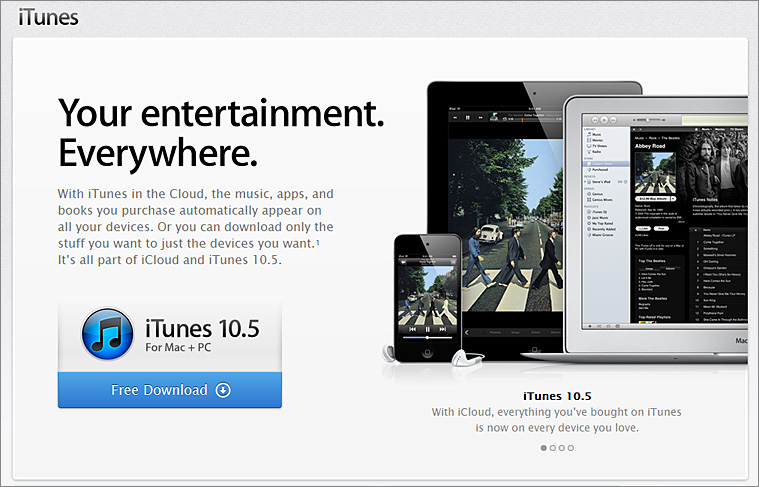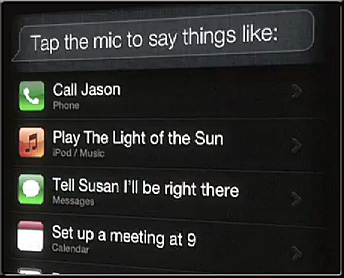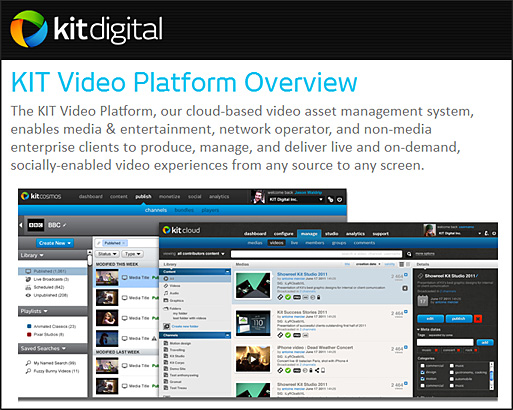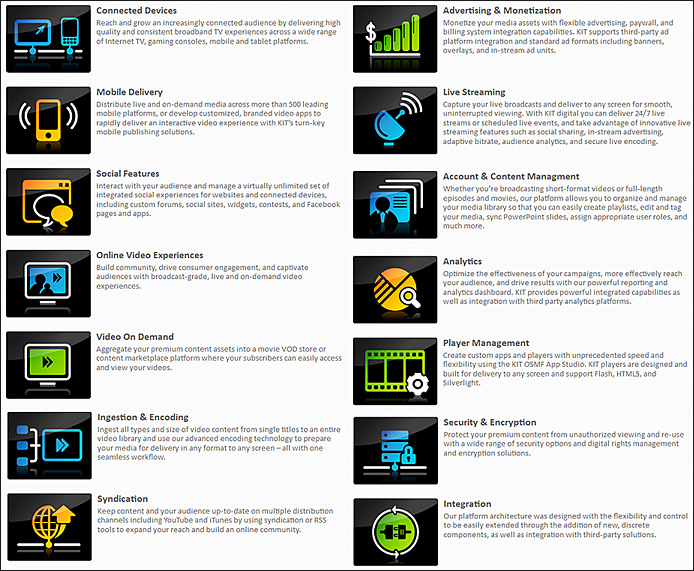New College Board Trends Reports Price of College Continues to Rise Nationally, with Dramatic Differences in Pricing Policies from State to State — from collegeboard.org
Increases in federal tax credits, combined with growth in grant aid, help some students cover rising expenses
10/25/2011
Key Tuition and Fee Findings:
- Published in-state tuition and fees at public four-year institutions average $8,244 in 2011-12, $631 (8.3 percent) higher than in 2010-11. Average total charges, including tuition and fees and room and board, are $17,131, up 6.0 percent.
- Published out-of-state tuition and fees at public four-year colleges and universities average $20,770, $1,122 (5.7 percent) higher than in 2010-11. Average total charges are $29,657, up 5.2 percent.
- Published in-state tuition and fees at public two-year colleges average $2,963, $236 (8.7 percent) higher than in 2010-11.
- Published tuition and fees at private nonprofit four-year colleges and universities average $28,500 in 2011-12, $1,235 (4.5 percent) higher than in 2010-11. Average total charges, including tuition and fees and room and board, are $38,589, up 4.4 percent.
- Published tuition and fees at for-profit institutions average an estimated $14,487 in 2011-12, 3.2 percent higher than in 2010-11.









 “I finally cracked it,” Steve Jobs told his biographer Walter Isaacson just months before his death. He was referring to the design and functionality of television, something Jobs had long wanted his company to reimagine.
“I finally cracked it,” Steve Jobs told his biographer Walter Isaacson just months before his death. He was referring to the design and functionality of television, something Jobs had long wanted his company to reimagine.
